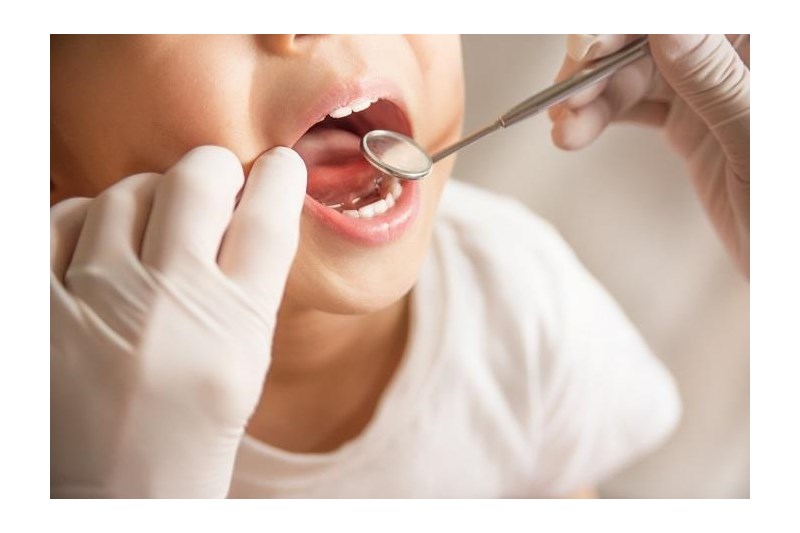BSPD responds to reports of pandemic child tooth extractions data
Published: 13/05/2022
The pandemic has shone a harsh spotlight on some long-standing issues including the persistent and immoral inequalities we see in children’s oral health.
However, a reduction in the number of children undergoing dental treatment under general anaesthesia was inevitable given that specialist teams were redeployed, and theatre spaces repurposed to support the nation-wide covid-response.
Our members, many of whom were redeployed to support the covid response, are working hard to recover children’s dental services equitably and fairly but this will take time. In some regions teams are working at 180 per cent of pre-covid capacity as the profession strives to reduce the currently unacceptable waiting times for procedures under general anaesthesia.
In November 2020, national guidelines were issued on ‘Surgical Prioritisation for Children and Young People Requiring Paediatric Dental Treatment Under General Anaesthetic’. This guide gives clear categorisation of urgent and less urgent oral health conditions to support paediatric dentists on how to assess and prioritise children and young people.
Professor Claire Stevens CBE, spokesperson for the BSPD, said, “Crucially the guidance supports the dental team to prioritise children and young people on the basis of clinical need, and not just waiting time. This means that as capacity becomes available, we are treating those that need us most. This aligns us with the process that our paediatric medical colleagues have been using for some time and now in paediatric dentistry we are describing our patients’ conditions and flagging their urgency in the same way. We are confident that this approach will guide our profession to an equitable recovery, in line with other paediatric surgical services.
“The BSPD is the expert voice of children’s oral health and the society’s role to find solutions is important. There is a lot of work currently underway to improve the data collected in paediatric dental services. The bringing together of hospital and community data will reveal a more comprehensive and accurate picture from which the profession can develop a comprehensive recovery programme.”
Every child waiting in pain is a concern for us. However, we welcome the introduction of ‘Welfare Check for Children and Young People Awaiting Dental Care Under General Anaesthesia’. Whilst patients wait for treatment, it is imperative that welfare checks are in place so that those most urgently requiring care are identified and prioritised. In line with NHS operational planning guidance, there is a requirement to collect data on patients so that recovery is fair and equitable. The checks will identify the longest waiting patients and work backwards until every patient waiting longer than six months has received a welfare check.
Professor Sondos Albadri, President of the BSPD, said, “Paediatric dentistry has been one of the hardest hit specialties and the slowest to recover. Members are working hard, going above and beyond to prioritise the wellbeing of children. However, there is a clear shortage in the number of specialists and their distribution across the country - and the society continues to call for investment in training.
“The BSPD also supports water fluoridation, as a proven public health measure to address health inequalities. We recognise that this isn’t part of the immediate solution – but an additional long-term intervention that will help improve children and young people’s oral health.”
The BSPD believes that the oral health of children must be re-thought with revised models of care, including joint working with other health professionals and the upskilling of primary care colleagues to provide oral health intervention where needed. Further integration between general dental practice, community dental services and hospital services systems is required to improve care.
Author: N/A









.jpg?width=150&height=100&scale=canvas)



